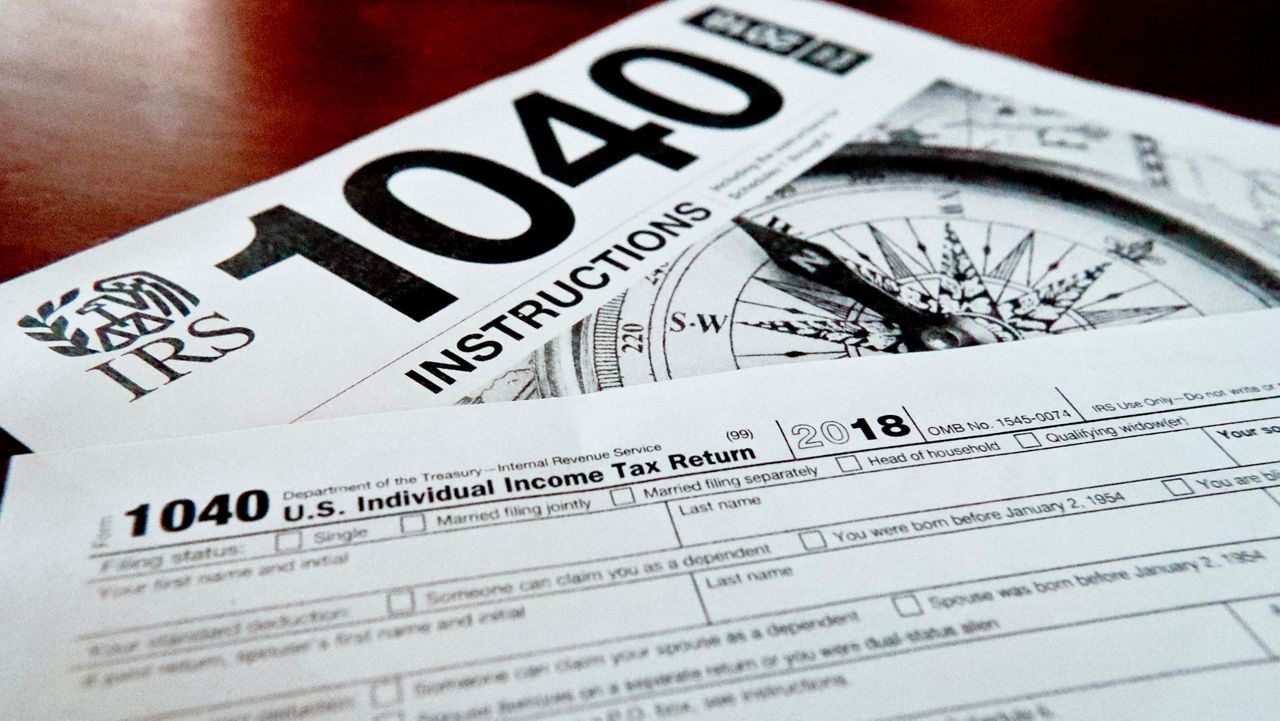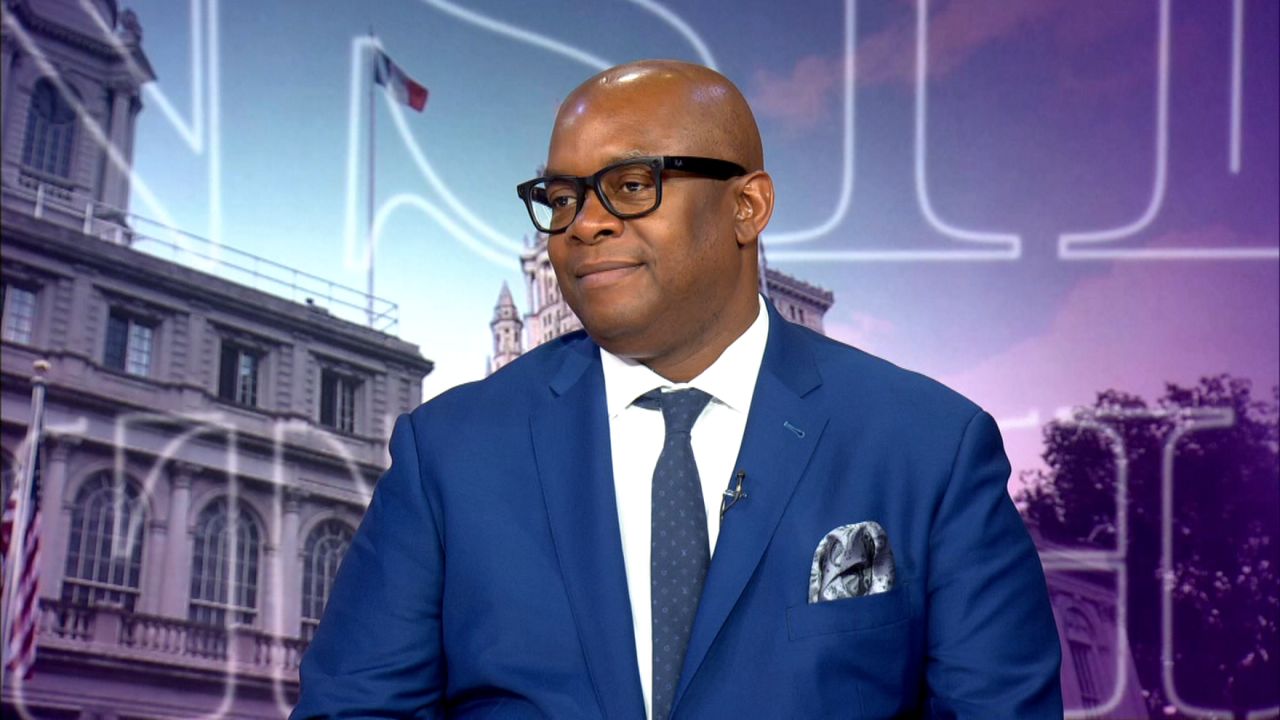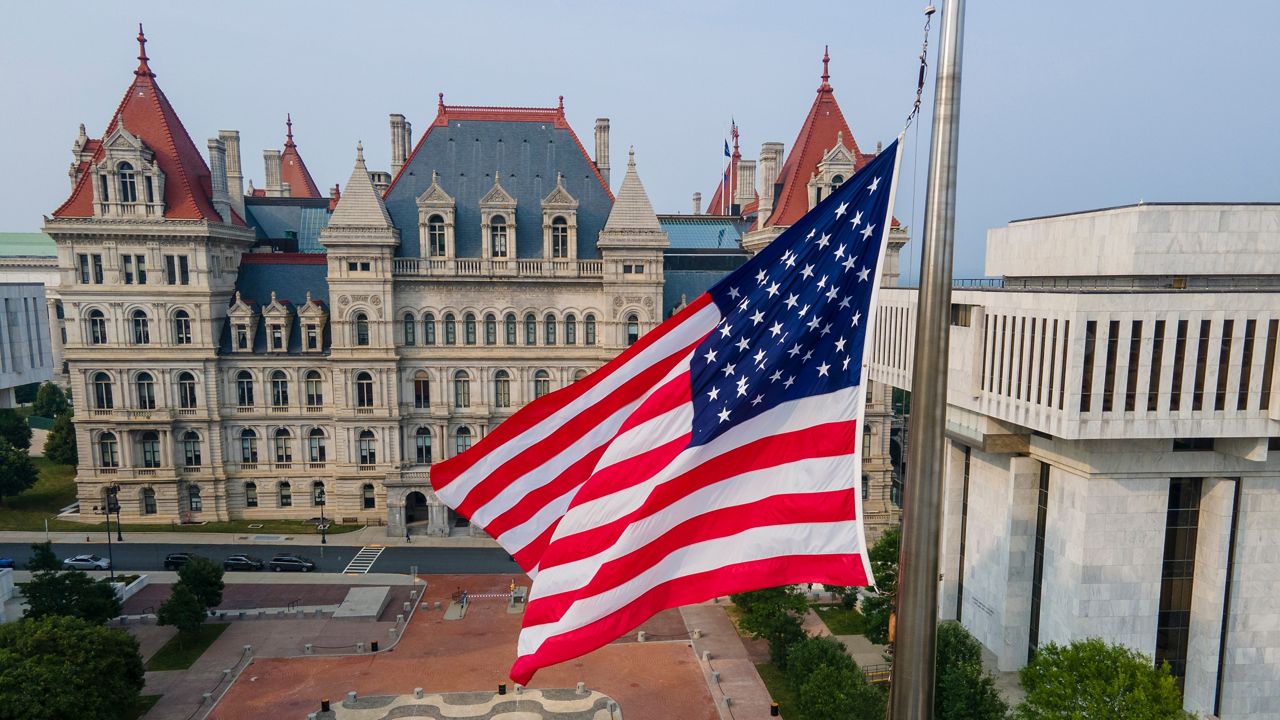After a battle that went all the way to the U.S. Supreme Court, the Trump administration put the so-called public charge rule into effect Monday. It allows the government to deny legal permanent residency to many immigrants who have received public benefits.
Critics say it's a wealth test aimed at weeding out those who rely on federal assistance.
"What is the bottom line here? It's, Are you high income or are you low income?" said Abbey Sussell, the Public Charge Fellow with the New York Immigration Coalition. "If you're low income, you're going to have a lot more difficulty passing this test just because there is the assumption you will rely on the government for support."
Critics say the test is unfair and arbitrary.
"You cannot plug in, 'Oh, I'm above this income or below this income, so I'm going to pass.' Because it is this holistic look at a bunch of factors, like age, health, family size, do you have a chronic medical condition? Are you going to be able to pay for that? What type of health insurance do you have? What's your credit score?" Sussell said. "All these things are looked at together."
The public charge does not affect those who already have green cards. But anyone applying for a green card who is using — or, just as important, expected to need — federally-funded Medicaid, food assistance, or federally-subsidized housing is now in jeopardy of not qualifying for citizenship or legal permanent status.
Human Resources Administration Commissioner Steven Banks said the rule took a toll even before it went into effect.
"We analyzed January of 2017 to January of 2019, which is the period of time when the first leaked version of this rule came out. During that period of time the rate of people that had a non-citizen head of household declining to continue relieving food stamps, the decline is ten times that of those households that don't have a non-citizen in it."
Jo-Ann Yoo, the executive director of the Asian American Federation, says there is fear in the community. She argues this new policy has had a chilling effect.
"The challenge is that rule has really pushed a lot of vulnerable people into the shadows," she said. "We hear that from our member agencies, but people are afraid to speak out."
City officials stress that while the public charge rule can affect residency status, it does not affect eligibility for food assistance, Medicaid, or cash assistance.
Anyone with questions should call the ActionNYC hotline at 800-354-0365
------
Looking for an easy way to learn about the issues affecting New York City?
Listen to our "Off Topic/On Politics" podcast: Apple Podcasts | Google Play | Spotify | iHeartRadio | Stitcher | RSS









